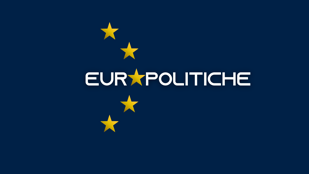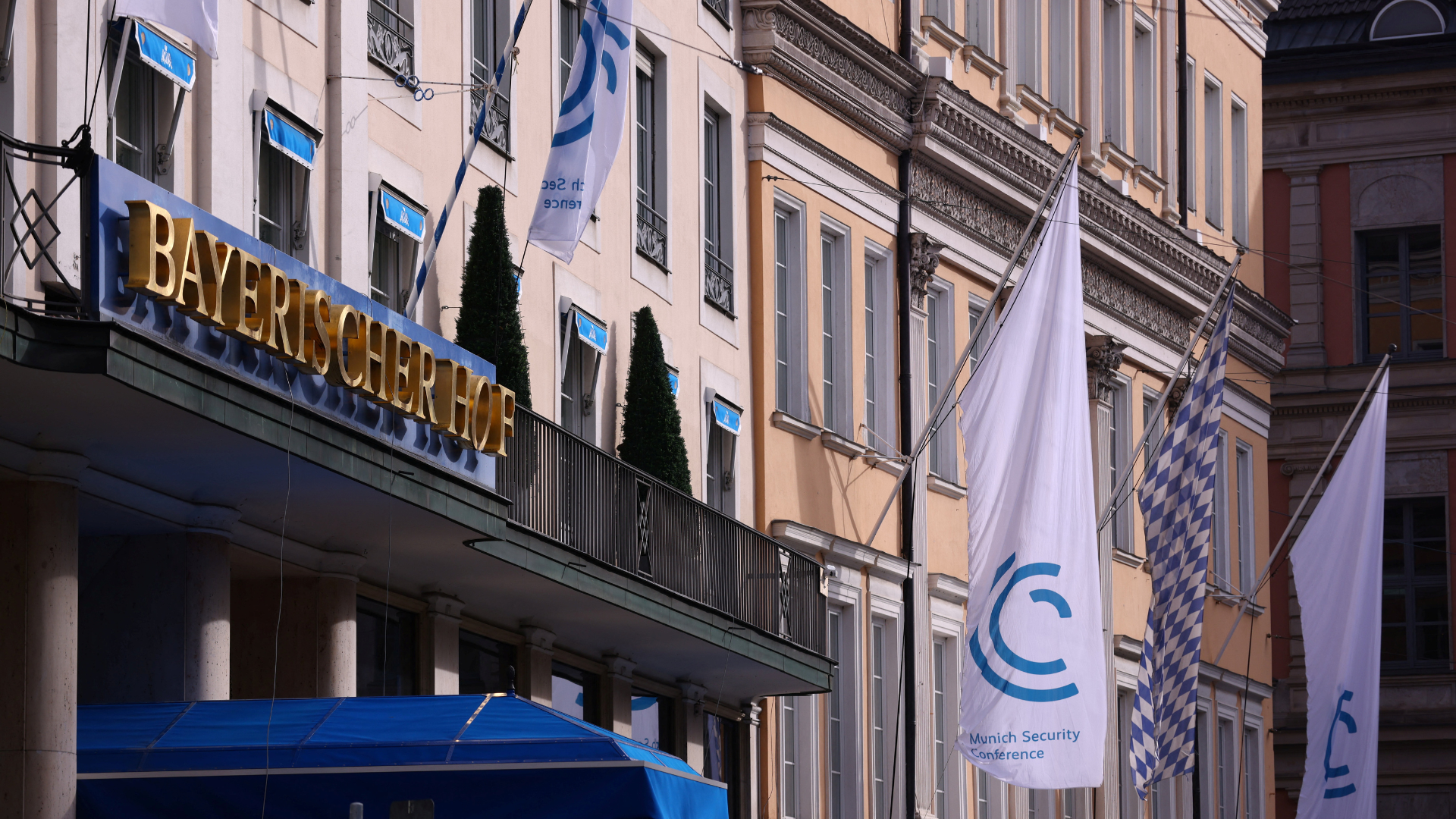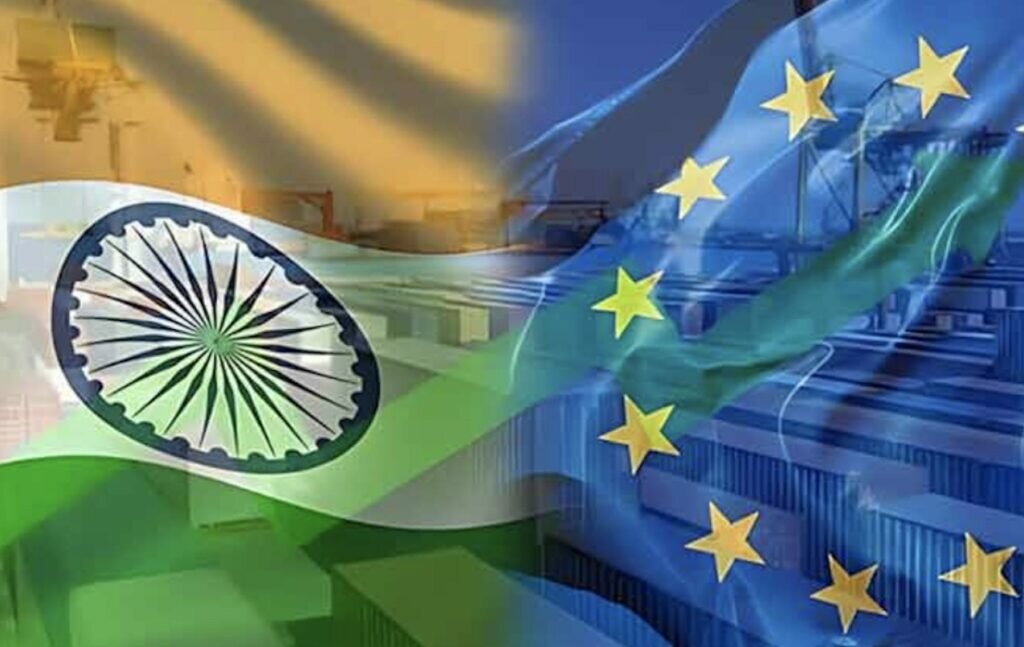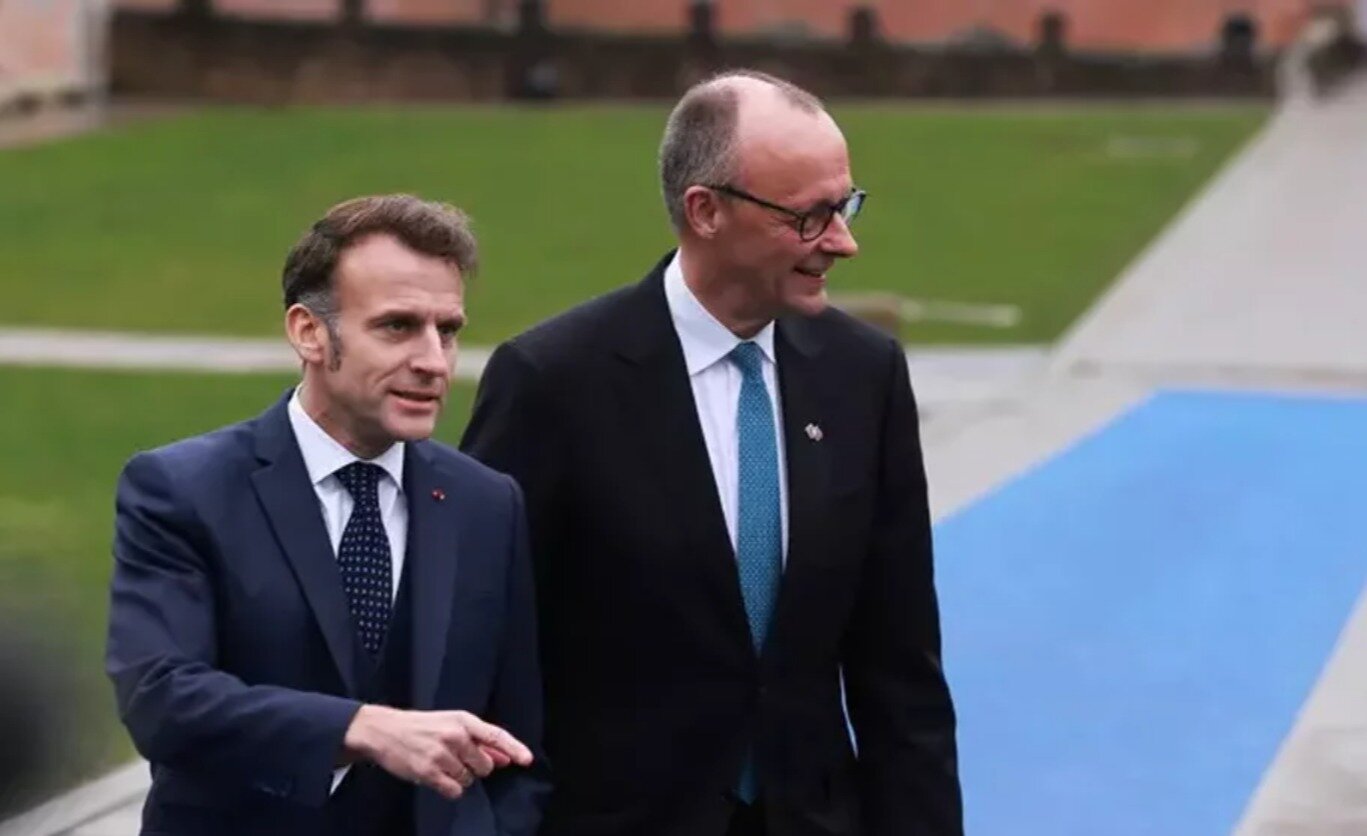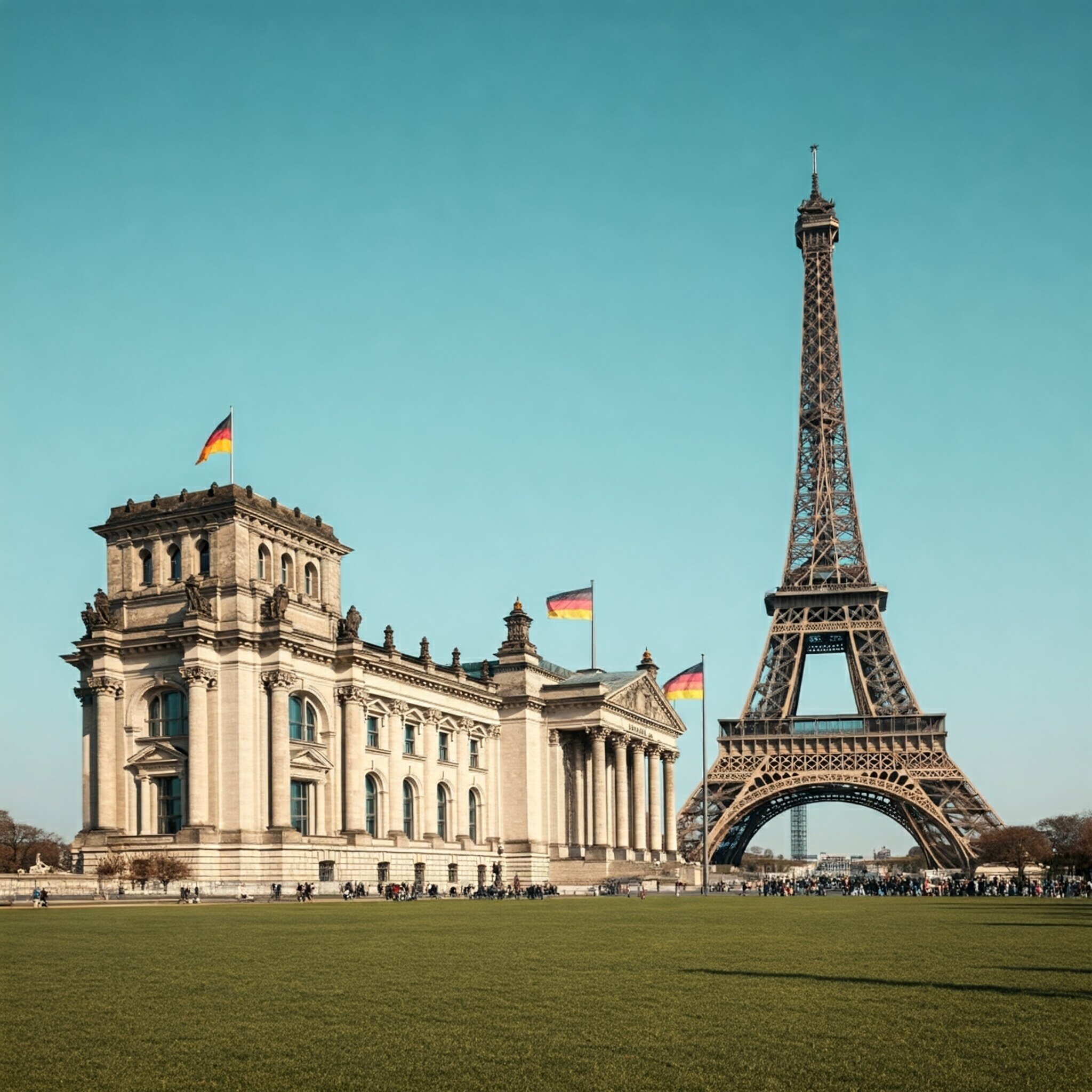EU/EN - The new German parliament convened on Tuesday, March 25, for the first time since the February 23 federal elections that ended the center-left government of outgoing Chancellor Scholz. The election winners were a conservative bloc of the Christian Democratic Union (CDU) and the Christian Social Union (CSU) led by Chancellor-in-waiting Friedrich Merz, who is in talks with the center-left Social Democrats (SPD) to form a new coalition government. The Greens and the Left Party do not plan to participate in Merz's government. The far-right Alternative for Germany (AfD) remains excluded from the negotiations despite having the second-highest number of seats
ITA - I 630 deputati del nuovo Parlamento tedesco si sono riuniti martedi 25 marzo per la prima volta dopo le elezioni federali del 23 febbraio che hanno posto fine al governo di centro-sinistra del cancelliere uscente Scholz.
Il gruppo più nutrito al Bundestag è costituito dai democristiani, vincitori delle elezioni con il blocco Unione Cristiano-Democratica (CDU) e Unione Cristiano-Sociale (CSU), guidato dal cancelliere in pectore Friedrich Merz che è, da settimane, in trattativa con i socialdemocratici (SPD), terza forza nell'emiciclo, per formare un nuovo governo di coalizione. I Verdi e la Left non prevedono di partecipare al Governo Merz.
Resta esclusa dalle trattative l'estrema destra Alternativa per la Germania (AfD) nonostante abbia la seconda compagine di parlamentari al Bundestag.
staff @europolitiche.it
